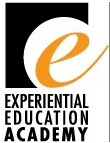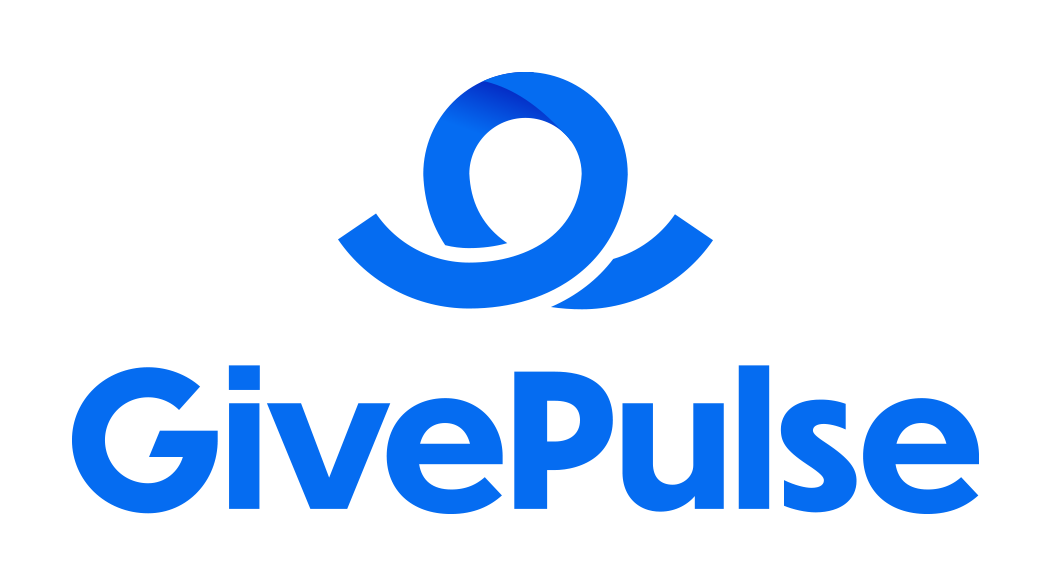 |
 |
 |
SEE Experiential Education Academy (EEA)Virtual EEA Workshops
About the EEA: SEE’s Experiential Education Academy (EEA) is the nation’s premier certificate program for experiential educators. The Academy provides foundational knowledge in the theory and practice of experiential education through workshops offered as pre-conference sessions and throughout the year at our strategic partner institutions. Participation in the Academy also connects you to a large network of faculty and administrators throughout the country who continue to exchange best practices and consult with and for each other. EEA Certification is earned upon completion of five required sessions and one elective. For more information, click here. To bring the EEA to your campus or region, contact: Ms. Urszula Zalewski (631) 632-6814 or [email protected] Schedule for the 2024 EEA Virtual Workshops:Register NowFebruary 2, 2024, 1pm-4:30pm EST - Fundamentals of Experiential Education - Participants in this workshop will explore the theoretical and philosophical roots of experiential education and the principles of good practice fundamental to all types of experiential learning. Participants will have an opportunity to actively explore the implications and applications of this information, and to identify the resources available for continued professional development and specific use in their programs. February 9, 2024, 1pm-4:30pm EST - Principles of Ethical & Best Practices - Workshop participants will examine two SEE foundation documents, the Guiding Principles of Ethical Practice and Principles of Best Practice in Experiential Education. The goal is to develop a deep understanding of these principles through both a theoretical examination of the contents and a hands-on experiential component where participants will be given an opportunity to generate ideas specific to their own programs. February 16, 2024, 1pm-4:30pm EST - Assessment - This workshop will introduce beginners to the fundamentals of assessment in experiential learning settings and provide intermediate level assessment training for practitioners beyond the beginner’s level, who seek to improve their outcomes assessment skills. The primary goal is to assist participants in the development of an outcomes assessment plan to use at their own institution. Employing a hands-on, active learning approach, this workshop will include a mix of presentation, applied tasks, small group work, and interactive discussion. February 23, 2024, 1pm-4:30pm EST - Reflection - While experiences are the first E in experiential education, it is through reflection that the learning takes its root and makes lasting changes. According to Kolb, learning is a process where knowledge is created through the transformation of experience. Reflection is integral to that transformation. This workshop will explore methods of guiding students to be more reflective in their experiences and following their experiences: the use of journals in reflection and models for conducting regular seminars promoting reflection and reflective conversation. March 1, 2024, 1pm-4:30pm EST - Legal Issues - This workshop examines the broad range of legal issues that arise in administering experiential learning programs, with particular emphasis on the reciprocal rights and responsibilities of the school, work-site, and student. Key issues such as student, school and work-site liability, risk management (including waivers, assumption of risk and insurance), protecting and accommodating student rights (including discrimination and ADA compliance), tax and compensation consideration, contractual obligations, and issues arising out of the use of public funds, will be examined. Time will be allotted for participants to engage in a discussion of these issues, as well as explore the application of legal issues to their specific programs in a “legal clinic” format. March 8, 2024, 1pm-4:30pm EST - Diversity, Equity, and Inclusion in Experiential Education - While experiential education is widely regarded to be a high-impact practice, the way in which it is implemented can create a significant disparity in its success. This workshop provides an opportunity to examine the inequities that can be part of the processes and learning within experience education. As a result of this workshop, participants will increase awareness of strategies for creating more equitable learning and engagement. Register Now
|



